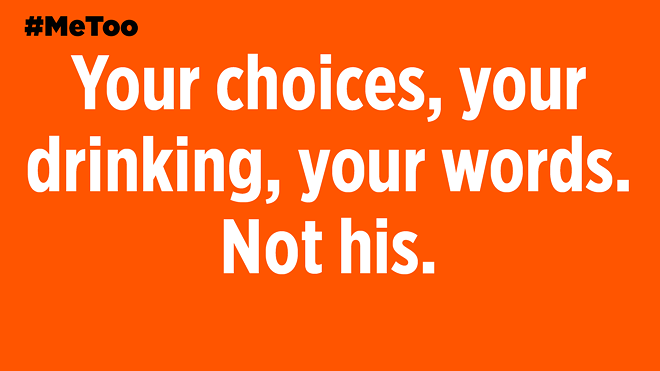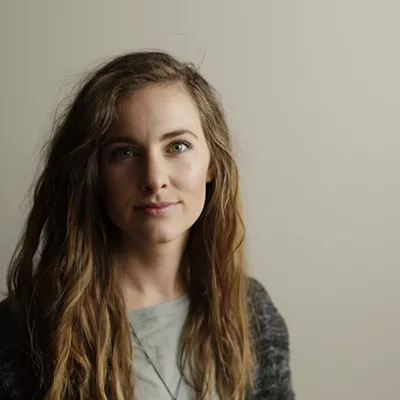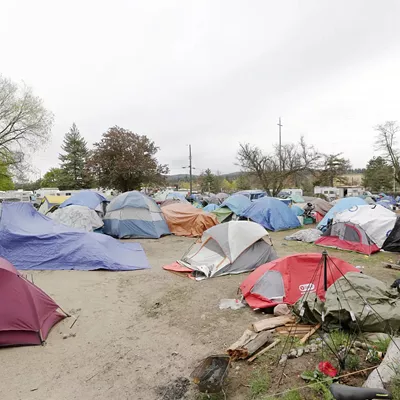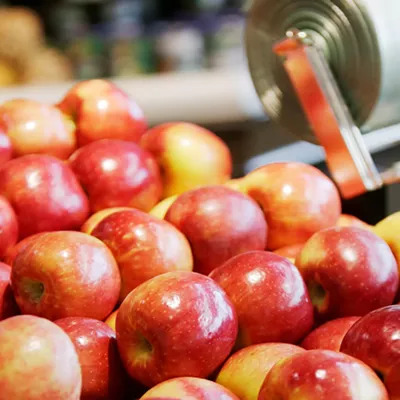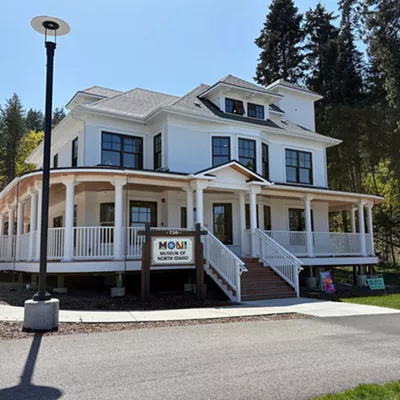More than 5,200 miles and three months.
That's how far I had to get away before I could even tell myself that I had been sexually assaulted.
Coming to terms with what happened was and is messy, all tied up in reckoning with and reconciling totally discordant things.

How could something that created so much shame and self-doubt happen in one of the most beautiful places I'd ever been? I'd never slept so well as when the ocean rocked me to sleep in the underbelly of that boat off the coast of America's "last frontier." Yet over the years, what happened there has more than stolen that peaceful sleep back, through nightmares and hours spent lying awake, replaying events and wishing I could just change one thing here, say something different there.
It's cruel that one person could taint what turned out to be one of the best years of my life, with the worst thing to happen to me.
Five Years.
That's how long it took before I talked about any of it with a therapist.
Because I blamed myself. Because after I repeatedly said no, and he didn't listen, wouldn't loosen his grip or let me go, I said yes.
See? Messy.
Part of me wanted so badly not to have my first real adventure as an independent adult ruined by an experience that everyone warns young women might happen. Because when you're a woman in your 20s, you're not supposed to travel alone, be impulsive or run toward exciting jobs in faraway places like Hemingway, Kerouac or other male icons. That all puts you at risk. Men can do it. But not women. Not girls.
And if you don't listen and something happens? As a woman, it's on you.
Your choices, your drinking, your words. Not his.
"We told you so."
I didn't want anyone to tell me so, didn't want to reinforce the idea that we should focus more energy on limiting women than on stopping men from thinking of them as spoils.
M ostly, I hate that he stole my sense of safety. Dreams aren't always safe anymore. I get panic attacks. A stranger wearing the same style sweatshirt and hat once sat down across from me at the airport, and I couldn't see his face to know if it was him, and I just froze, wishing and hoping and praying it wasn't him, until I forced myself to get to a bathroom where I could hide in a stall, hug my knees and wait for my ragged breathing to return to normal. It wasn't him.
Until now, I haven't shared my story except with a few very trusted friends. These things are hard to talk about, and hard to listen to.
But a few weeks ago, many victims and survivors started sharing their experiences.
Me too, she said.
Me too, he said.
Me too, we said.
Each refrain pounded at society's disbelief, until the dam burst.
It seems each day a new abuse of power is put on display, but unlike before, people believe.
It's been overwhelming, and heartbreaking, and empowering, and hope-giving.
It's also dredging up tough memories that many of us have tried hard to bury, along with our grief and our shame, hoping we could climb out of the emptiness, dust ourselves off, and try to trust again.
But how can we trust again, when this pain is so widespread? When the number of abusers seems so high? When it feels like every woman I'm close to has had her sense of safety and self-worth ripped away by these events at one time or another?
I don't have a great answer for that, but I know that this movement, this moment in time, has given me hope.
We can keep talking about what hurts, and what people can do to stop it from happening.
We can remind each other: When someone shares their pain, believe them.
And as we've done until now, we will persist. We must. ♦

